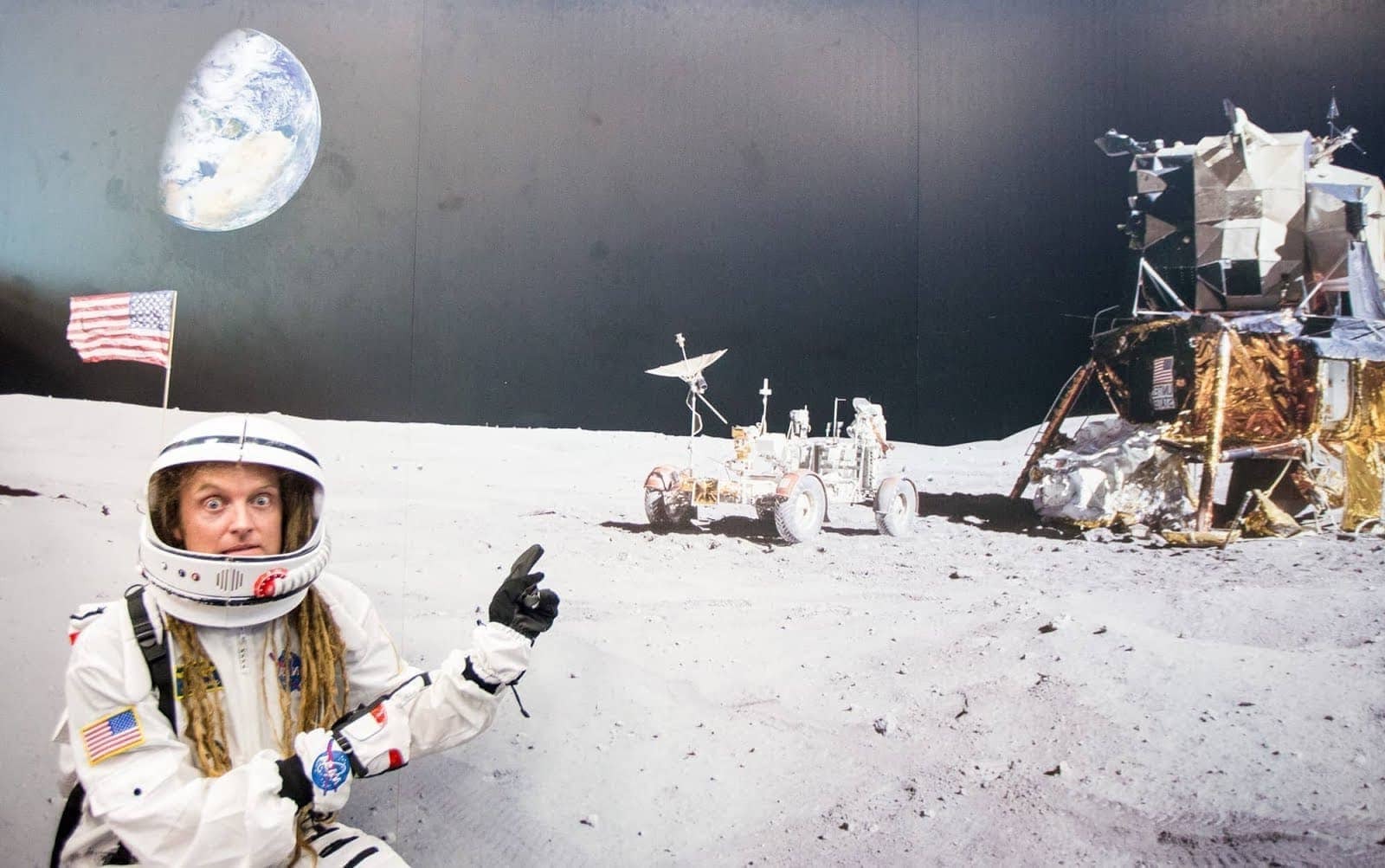
Is space tourism ethical? This question has sparked heated debates among scientists, ethicists, and the general public. Space tourism promises thrilling adventures and groundbreaking experiences, but it also raises serious ethical concerns. Environmental impact is a major issue, as rocket launches release significant amounts of greenhouse gases. Economic disparity is another point of contention, with only the ultra-wealthy able to afford these trips, potentially widening social gaps. Safety risks can't be ignored either, as space travel remains inherently dangerous. Lastly, the exploitation of space resources for commercial gain poses questions about the long-term sustainability of such ventures.
What is Space Tourism?
Space tourism is the commercial activity of sending private individuals into space for recreational, leisure, or adventure purposes. This emerging industry raises several ethical questions that need careful consideration.
-
Environmental Impact: Rocket launches contribute to atmospheric pollution, releasing greenhouse gases and other pollutants. The environmental cost of space tourism is a growing concern.
-
Space Debris: Increased space travel means more debris in Earth's orbit. This space junk can pose risks to satellites and future missions.
-
Resource Allocation: Critics argue that resources spent on space tourism could be better used to address pressing issues on Earth, such as poverty and climate change.
-
Access Inequality: Space tourism is currently accessible only to the wealthy, raising questions about social equity and the fair distribution of opportunities.
Safety Concerns
Safety is a paramount issue in space tourism. The risks involved in space travel are significant and must be addressed to protect passengers.
-
Health Risks: Space travel exposes tourists to high levels of radiation and the physical stresses of microgravity, which can have long-term health effects.
-
Emergency Protocols: In the event of an emergency, the ability to rescue or provide medical care to space tourists is limited. This raises ethical questions about the preparedness and responsibility of space tourism companies.
-
Training Requirements: Space tourists need extensive training to handle the rigors of space travel. The adequacy and accessibility of this training are crucial for ensuring safety.
Legal and Regulatory Issues
The legal landscape for space tourism is still evolving. Various ethical and legal questions need to be addressed to ensure responsible practices.
-
Liability: Determining who is liable in the event of an accident or injury during a space tourism trip is complex. Clear regulations are needed to protect both tourists and companies.
-
Regulation: The lack of comprehensive regulations governing space tourism raises concerns about safety, environmental impact, and ethical practices.
-
Property Rights: As space tourism grows, questions about property rights in space become more pressing. Who owns the land on the Moon or Mars, and what are the ethical implications of claiming such territories?
Cultural and Societal Impacts
Space tourism can have profound effects on culture and society. These impacts need to be considered to ensure that the benefits of space travel are shared equitably.
-
Cultural Heritage: Space exploration can lead to the discovery of new celestial bodies and phenomena. Preserving the cultural and scientific heritage of these discoveries is an ethical imperative.
-
Public Perception: The way space tourism is perceived by the public can influence its development. Ethical marketing and transparent communication are essential to build trust and support.
-
Inspiration and Education: Space tourism has the potential to inspire and educate people about space and science. Ensuring that these benefits are accessible to all is an important ethical consideration.
Future of Space Tourism
The future of space tourism holds both promise and challenges. Addressing ethical concerns is crucial for the sustainable development of this industry.
- Sustainable Practices: Developing sustainable practices for space tourism is essential to minimize its environmental impact and ensure its long-term viability.
The Final Frontier's Ethical Dilemma
Space tourism's rapid growth brings ethical challenges. Environmental impact tops the list. Rocket launches release tons of CO2, contributing to climate change. Then there's space debris. More trips mean more junk orbiting Earth, posing risks to satellites and space stations.
Economic disparity also raises eyebrows. Only the ultra-rich can afford these trips, widening the gap between the wealthy and everyone else. This exclusivity sparks debates about resource allocation and social justice.
Safety concerns can't be ignored. Space travel remains risky. Accidents could have severe consequences, both for passengers and those on the ground.
Lastly, there's the question of space preservation. As humans venture further, the need to protect celestial bodies from contamination grows. Ethical space tourism requires balancing adventure with responsibility. Addressing these issues ensures that humanity's leap into the cosmos benefits all, not just a privileged few.
Was this page helpful?
Our commitment to delivering trustworthy and engaging content is at the heart of what we do. Each fact on our site is contributed by real users like you, bringing a wealth of diverse insights and information. To ensure the highest standards of accuracy and reliability, our dedicated editors meticulously review each submission. This process guarantees that the facts we share are not only fascinating but also credible. Trust in our commitment to quality and authenticity as you explore and learn with us.


